By Mary Anne Gourley - Convener, GSV British India Discussion Circle and FIBIS representative in Australia.
*
Did you have a soldier ancestor in India? Which Army? What are the differences? Where are the records?
I often receive questions about ancestors who served in the army in India. My response is usually, which army? There are differences relating to who created the records and where they are held.
East India Company armies
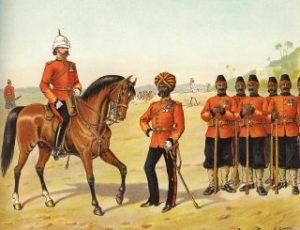
The Queen's Own Madras Sappers and Miners Regiment. Illus. by Richard Simkin (1840-1926). Chromolithograph in Army & Navy gazette 1896.
The East India Company established armies to protect its interests in India. Composed of European officers and soldiers, these regiments went out to India from 1748 and remained in the Company's employ until 1861, following the mutiny. The East India Company maintained an army in each presidency – Bengal, Bombay and Madras. Each army had regiments comprising European officers and men but they also established Native Regiments with European officers and native soldiers.
Most of records for this area of research are found in the India Office Collection held by the British Library in London. A large quantity of these records has been filmed by the Latter-Day Saints and they are available through the FamilySearch Catalogue.
A reference guide written by Peter Bailey, Researching Ancestors in the East India Company Armies, will help the researcher. Bailey’s guide features analysis of the records, tables and appendices and more importantly ‘precise film references’. The majority of these films can be accessed at the GSV Research and Education Centre or an LDS family history centre.
Recently I looked for records relating to Francis Green a soldier in the Madras European Regiment. I established that he had arrived in India in 1803 aged 16, was from England and had been part of a contingent arriving on the transport Calcutta at the end of August.[i] Depot Description lists record his place of birth as Wisbech in Cambridgeshire and his occupation as a tailor. Using the Musters Rolls I established he was with the regiment until at least 1820, after which time his name is not recorded, possibly due to promotion or his death.
Findmypast has several collections from the India Office Collection including military records, wills and probate, and ecclesiastical. Amongst the registers is the marriage of Francis Green and Catherine Limb in 1809. From that time several children were born. In 1819 Francis was a Serjeant in the Madras European Regiment.
Following the mutiny in 1857-58 the British Government assumed control of India from the East India Company. The latter’s armies were dissolved with the men given the opportunity to transfer into the British Army or be discharged with a bounty. Of those many chose to return to the UK while others chose to remain in India. Some found new occupations.
The Indian Army under British control
A new Indian Army was established, which was smaller than the previous armies of the East India Company. The artillery regiments were transferred to the British Army. A staff corps was established in each Presidency. Loyal senior native soldiers could become junior officers or NCO’s. Overall control was to remain in India. Reforms and restructuring took 86 years.
The records for the Indian Army under British control are held by the British Library in London however a second guide by Peter Bailey, Researching Ancestors in the Indian Army will be helpful. Again, it is an analysis of the records and provides film references. A copy of this guide is available in the GSV Centre (355.354 BAI)
The British Army serving in India
Many queries relate to soldiers in the British Army serving in India. From the middle of 18th C Britain had sent out regiments to support the East India Company armies in each presidency. Records for the British Army will be found at The National Archives (TNA) at Kew in London. However, Findmypast does have a selection of British Military Records including Regimental and Service Records.
While researching my own family I found my great grand aunt Agnes McKenzie had married William Thomas Marshal, Colour Serjeant of HM 69th Regiment at Saint Andrew’s Church, Madras in 1864. William’s service records are on Findmypast and include details of his place of birth, Ireland; place of enlistment, Rochester, Kent and service with the regiment, including time in India, Canada and Bermuda and finally retirement in Manchester in 1872.
FIBIS - Families in British India Society - has an inclusive section on the Military in FIBIwiki covering all armies, their regiments, garrisons and history.
***
[i] The Calcutta also transported a contingent of Royal Marines for the Colony of New South Wales under the command of Lieutenant-Colonel Collins who was going out as Governor of the Colony. ('Ship News', The Times, (London, England) 12 April 1803)
***
The next meeting of the new British India Discussion Circle is on Tuesday 15 May at the GSV - see website for details.
.
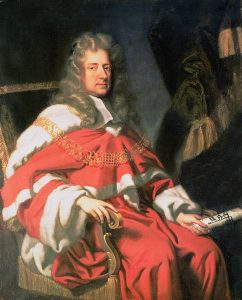 Portrait of Judge George Jeffreys 1645-1689 - the 'hanging judge' of the Bloody Assizes, by Johann Closterman.
Portrait of Judge George Jeffreys 1645-1689 - the 'hanging judge' of the Bloody Assizes, by Johann Closterman.


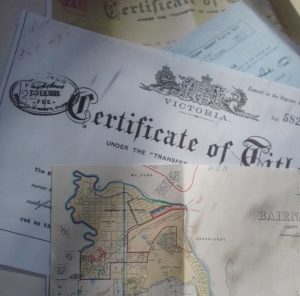 When looking for Land Titles and researching land ownership, should you start at the beginning, the end, or somewhere in between?
When looking for Land Titles and researching land ownership, should you start at the beginning, the end, or somewhere in between?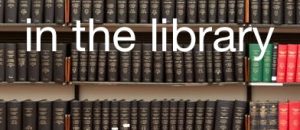 Back in January, Meg Bate, our Assistant Librarian provided an update on this blog about the new genealogical material that had been added to the GSV's digitised databases. This work has continued with the good work done by our volunteers and the latest material to be added is listed below. It may just contain that missing piece of your family history jigsaw.
Back in January, Meg Bate, our Assistant Librarian provided an update on this blog about the new genealogical material that had been added to the GSV's digitised databases. This work has continued with the good work done by our volunteers and the latest material to be added is listed below. It may just contain that missing piece of your family history jigsaw.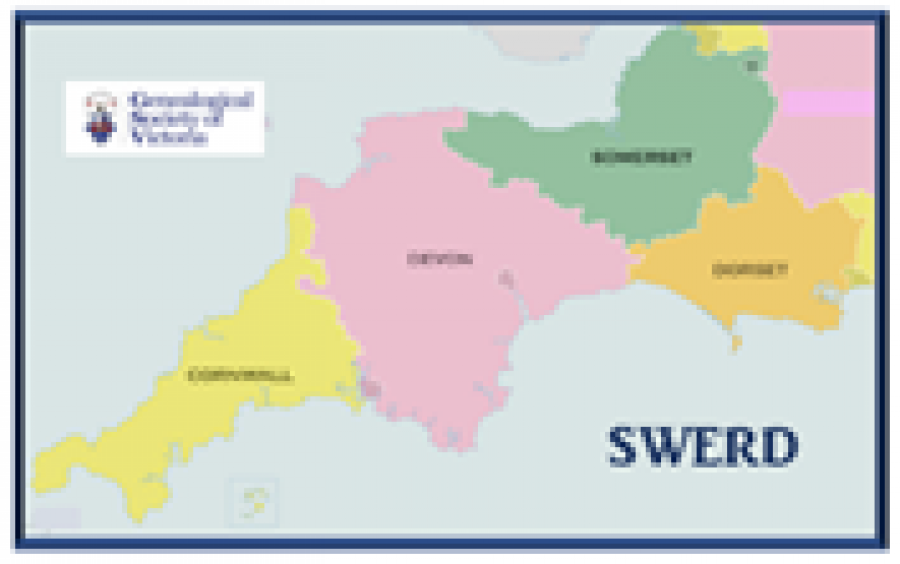
 The Queen's Own Madras Sappers and Miners Regiment. Illus. by Richard Simkin (1840-1926). Chromolithograph in Army & Navy gazette 1896.
The Queen's Own Madras Sappers and Miners Regiment. Illus. by Richard Simkin (1840-1926). Chromolithograph in Army & Navy gazette 1896.

 I am very pleased that recent GSV events have received ringing endorsements from members.
I am very pleased that recent GSV events have received ringing endorsements from members.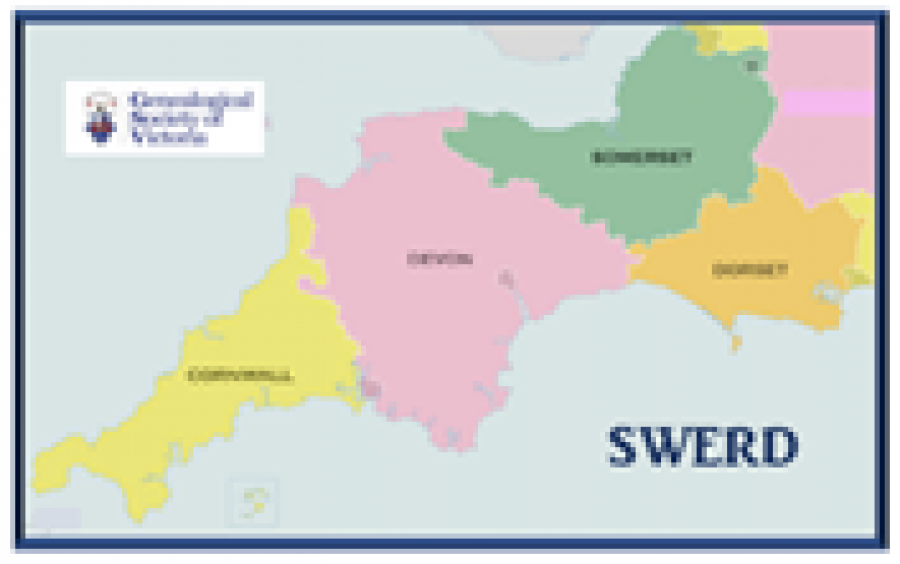
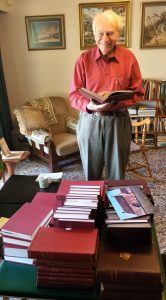 Rev Dr Warren Bartlett OAM with Somerset records, 2018.
Rev Dr Warren Bartlett OAM with Somerset records, 2018.
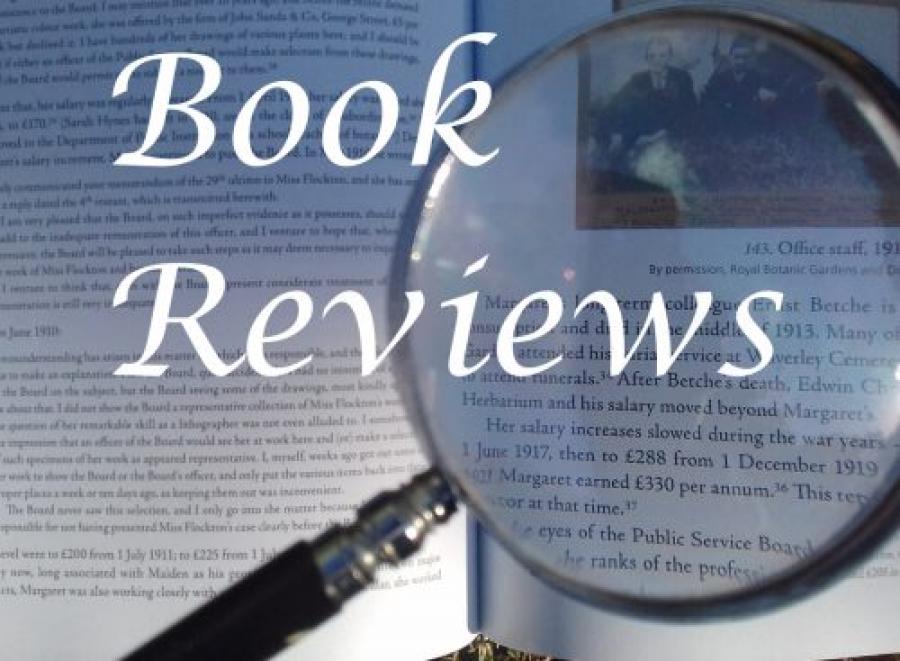
 Brett’s latest work The Enigmatic Mr Deakin has been critically acclaimed particularly by her peer - Professor Mark McKenna in The Monthly (Sept. 2017) described it as 'the fifth and best biography on Deakin to date'. Brett is a professional historian and author of previous works on Australian politics, notably Robert Menzies’ Forgotten People (1992) and Australian Liberals and the Moral Middle Class (2003).
Brett’s latest work The Enigmatic Mr Deakin has been critically acclaimed particularly by her peer - Professor Mark McKenna in The Monthly (Sept. 2017) described it as 'the fifth and best biography on Deakin to date'. Brett is a professional historian and author of previous works on Australian politics, notably Robert Menzies’ Forgotten People (1992) and Australian Liberals and the Moral Middle Class (2003).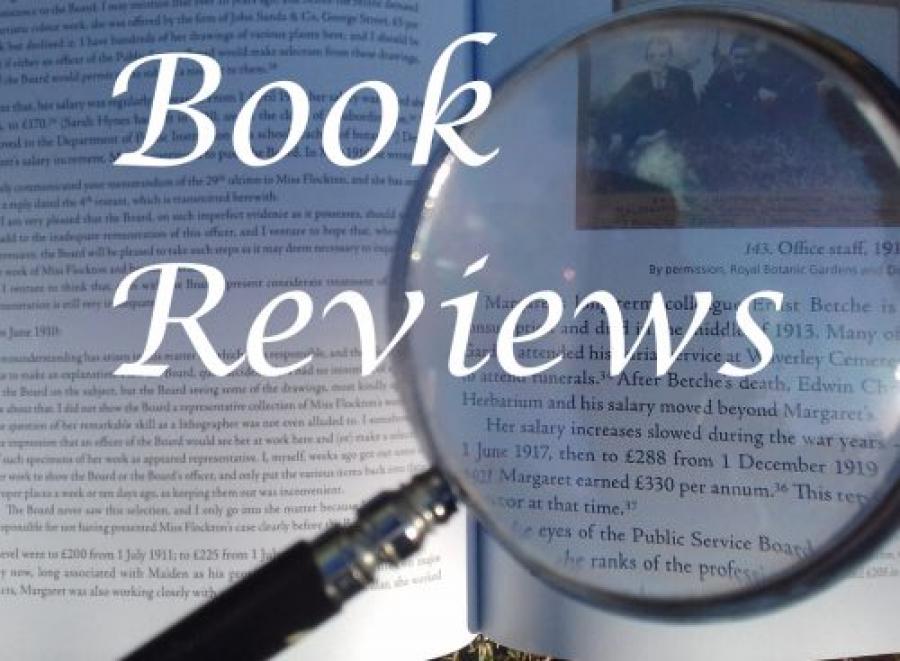
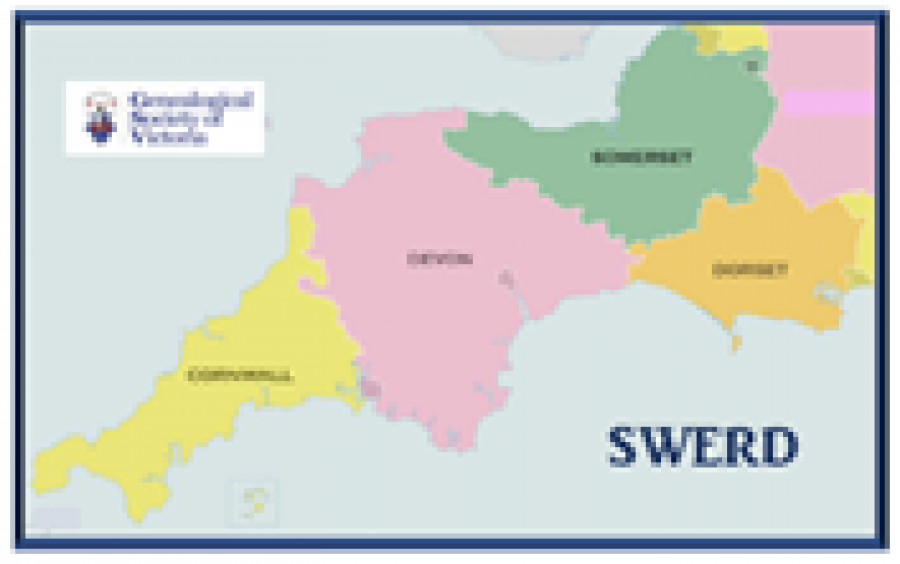
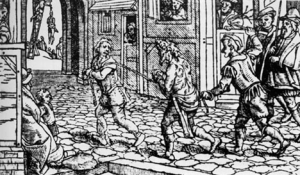 Vagrant being punished in the streets, woodcut c. 1536 (Source unknown)
Vagrant being punished in the streets, woodcut c. 1536 (Source unknown)